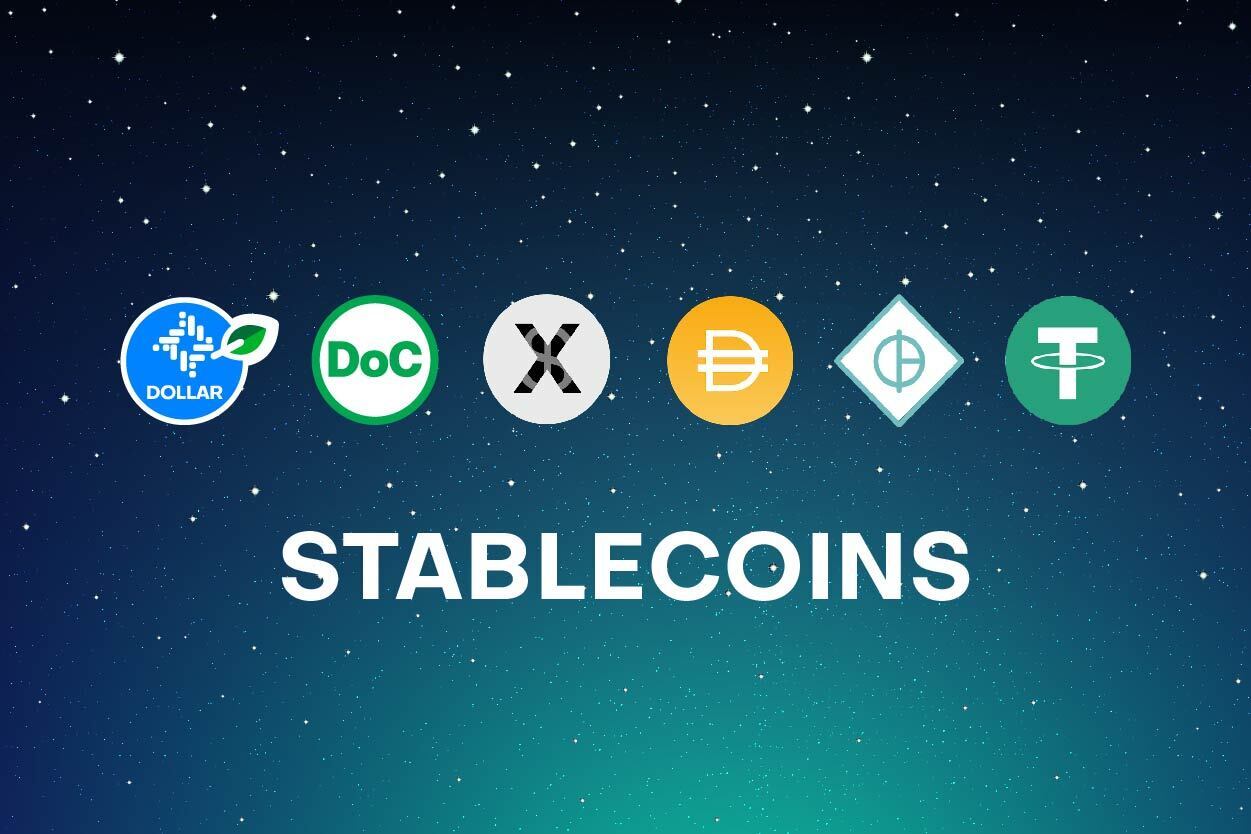
After Terra-LUNA, SBF and FTX, and the whole wild west of digital currencies, stablecoins are now in fashion as the Bank of England and Financial Conduct Authority (FCA) outlined the UK plans for legitimising stablecoins yesterday.
Bear in mind these are not CBDCs (Central Bank Digital Currencies), but currencies backed by CBDCs, fiat currencies or any other national currencies. Confusing, innit?
The Financial Times explains:
The Bank of England and FCA are setting out proposals that will bring stablecoins — a type of digital token designed to track the price of hard currencies — into the real economy as a payment option for goods and services. The proposals include making the BoE responsible for directly supervising the entity behind the stablecoin. They also call for the payment systems using digital tokens to be fully backed by central bank deposits. Stablecoin issuers will also be required to demonstrate how they intend to manage redemptions, particularly during times of stress.
So, let’s make this clear: anyone trading stablecoins has to be regulated and the coins they are trading have to be backed by a central bank. Simples!
To support the release of these plans, the Bank of England kindly offered a whole load of papers to analyse what it all means. Here are a few:
- FCA Discussion Paper
- BoE Discussion Paper
- PRA Dear CEO letter – Innovations in the use by deposit-takers of deposits, e-money and regulated stablecoins.
- Cross-authority roadmap paper on innovation in payments and money
- Explainer: What are stablecoins
In other words nothing is set in stone, and everything is up for grabs. The discussions will continue through to February 2024 and regulations will appear later that year.
I particularly liked the comments from Sheldon Mills, Executive Director, Consumers and Competition, FCA, and Sarah Breeden, Deputy Governor for Financial Stability, Bank of England.
Sheldon from the FCA said:
“Stablecoins have the potential to make payments faster and cheaper for all, and that’s why we want to offer firms the ability to utilise this innovation safely and securely. Getting views from others is essential for creating proportionate rules that benefit consumers and firms and also meet our objectives.
“We look forward to continuing our engagement with Government, our partners and the wider crypto industry as we move forward with the Government’s first phase in developing the UK’s crypto regulation regime and beyond.”
Sarah from the Bank of England, said:
“Stablecoins can enhance digital retail payments in the UK. With this comes the need to make sure there is robust and clear regulation in place. Our proposals aim to support safe innovation so that firms can understand the risks they need to manage and ensure that the public can be confident in all forms of digital money and payments.”
So, hey guys and gals, we are finally at a point where digital money is really real aren’t we? Aren’t we?
But then I started reading what is proposed in more depth and felt there may be a flaw in the regulatory thinking, as it says everything has to be backed by central bank supervision, licences and deposits. There is a whole other word that does not recognise that thinking. It’s called cryptocurrency.
For example, the FCA’s discussion paper starts as follows:
“Two forms of money are currently available in the economy.
- The first, fiat or ‘outside money’, is backed by a promise of the state, and includes both cash that is available to the public and central bank reserves that are only available to commercial banks and certain other financial institutions.
- The second, known as ‘inside money’, is issued by the private sector, predominantly commercial banks, and its value is preserved through a combination of strict regulation and issuers’ access to central bank deposits.
“Stablecoins used in systemic payment systems would fall into this ‘inside money’ category and would be subject to the Bank’s regulatory regime set out in this discussion paper, including the requirement that they are backed by central bank deposits.
“Apart from these forms of money, other assets may be ‘money-like’ in that they are used for payments. Some of these are regulated to support a stable value, but issuers do not have access to central bank deposits and are subject to lighter regulation. These assets include e‐money and stablecoins issued by firms outside the Bank’s remit.
“There are also assets that incorrectly purport to be money. These are not suitable for use in payments as they do not have a stable value – they include unbacked cryptoassets.”
In other words it reinforces the view fiat good, crypto bad. My specific view on the flaw of this argument is using the word ‘unbacked’, when referring to cryptoassets. Cryptoassets are backed by the network of the world of connected people. Fiat currencies are backed by a government of a country that may be a good or a bad actor. You decide.
It made me wonder what my crypto friends would make of these discussion papers.
Chris M Skinner
Chris Skinner is best known as an independent commentator on the financial markets through his blog, TheFinanser.com, as author of the bestselling book Digital Bank, and Chair of the European networking forum the Financial Services Club. He has been voted one of the most influential people in banking by The Financial Brand (as well as one of the best blogs), a FinTech Titan (Next Bank), one of the Fintech Leaders you need to follow (City AM, Deluxe and Jax Finance), as well as one of the Top 40 most influential people in financial technology by the Wall Street Journal's Financial News. To learn more click here...

